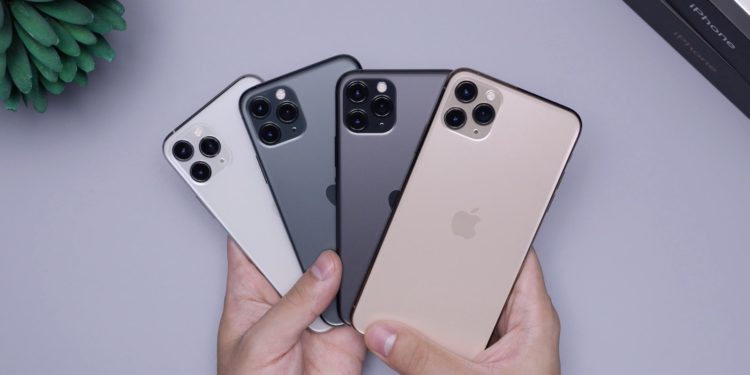Earlier this year, an interesting report by well-known analyst Ming-Chi Kuo revealed that Apple could use the new A16 chip exclusively for the iPhone 14 Pro models while the regular iPhone 14 models will rely on the A15 chip from last year.
Now, in a new report, Kuo claims that the entry-level and mid-range iPhone models will no longer feature Apple's latest chips in the future as the company has changed its business strategy. Apple is expected to unveil four new iPhone models this year: iPhone 14, iPhone 14 Max (a larger 6.7-inch version that will replace the iPhone mini), iPhone 14 Pro, and iPhone 14 Pro Max. While the regular iPhone 14 models will retain the same design as the iPhone 13 with minimal internal upgrades, the Pro lineup will get more attention with a new screen design and significant camera upgrades. It wouldn't be the first time Apple has kept major upgrades like a new design exclusively for the more expensive iPhone models. In 2017, the iPhone X was unveiled with a brand new design, Face ID, and other new technologies while the iPhone 8 and iPhone 8 Plus were just better versions of the iPhone 7.
A15 chip: More power, same architecture
However, both the iPhone 8 and the iPhone X were powered by the same A11 Bionic chip. This is the strategy that Apple followed in the following years with the iPhone XR and iPhone XS and so on. Now it looks like that is about to change. After Kuo's initial report, various sources have claimed that only two of the four iPhone 14 models will get a new, faster chip. Although some analysts believe that Apple will use a more powerful version of the A15 chip in the new phones with 6GB of RAM instead of 4GB, the architecture will be the same as the iPhone 13 chips. At first, everyone believed that this could be a temporary measure due to the global chip shortage. But Kuo now seems to think otherwise.
Apple changes its business strategy
In a new report on his personal blog Kuo noted that the big differences between the mid-range iPhone 14 and the high-end iPhone 14 Pro should make the more expensive models even more popular with consumers. While it was previously expected that the iPhone 14 Pro would account for 40% to 50% of the new models' sales by the end of 2022, that estimate has now been raised to as much as 60%. But that's not all. Kuo now believes that Apple's latest chips will only be used in the high-end models of the iPhone from now on.
iPhone 14 series in September
Keeping the new processor for the more expensive iPhone models will certainly lead to more people buying those models instead of the cheaper ones, causing the average iPhone price to rise. This means that Apple's profit from iPhone sales will be even higher. Of course, according to Kuo, this will also benefit the camera suppliers for the high-end iPhones. If this is true, the days when the entire iPhone lineup was equipped with the same new chip seem to be over. On the other hand, this is no surprise, because Apple has done something similar with the iPad lineup. The more expensive models are equipped with the same chips as the Macs while the cheaper iPad models continue to be equipped with iPhone chips. If everything goes as planned, Apple will announce the iPhone 14 lineup in September. We will have certainty then at the latest. (Photo by Unsplash / Daniel Romero)





